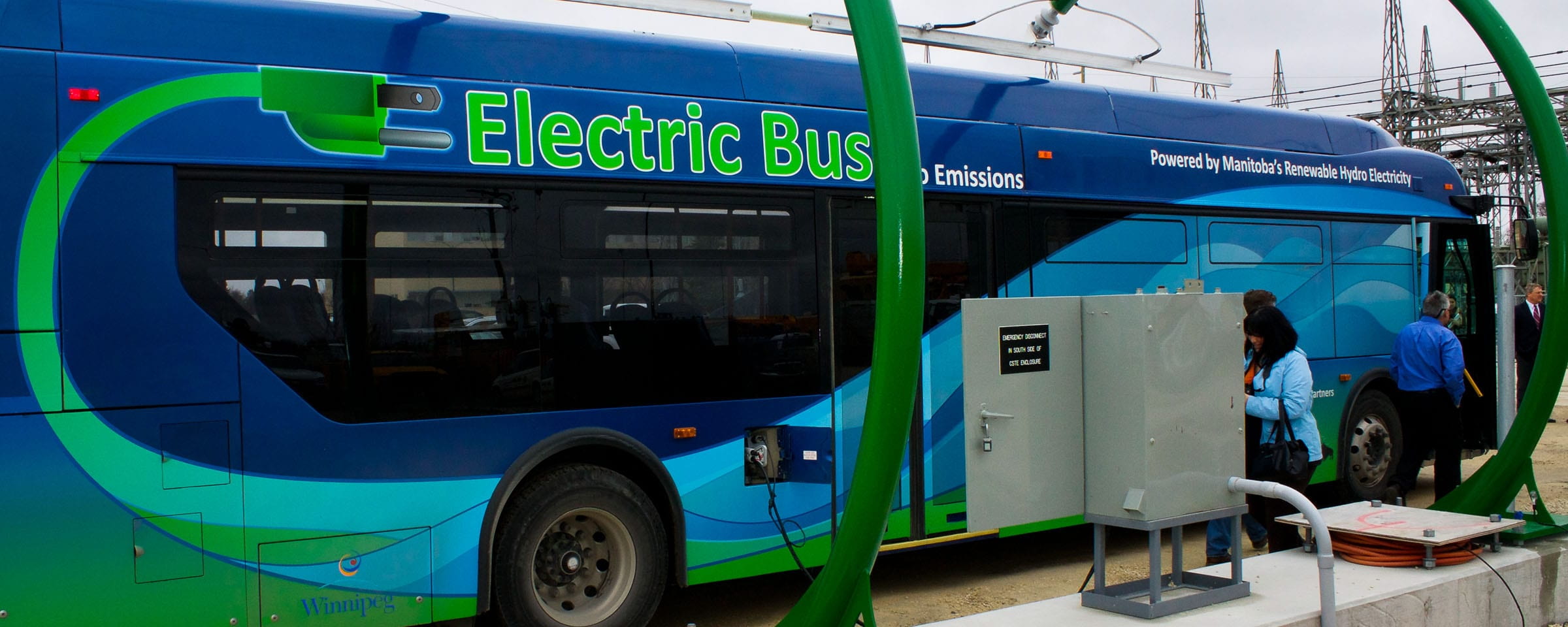



New sections will be opening soon. Sign up to be notified when new sections are available.
This micro-credential course is part of a training initiative by Canadian Colleges for a Resilient Recovery (C2R2) and the Government of Canada to provide workers with new skills needed to support a clean economy.

The Building Envelope Science: Design and Application micro-credential course teaches students about energy efficiency at the beginning of construction planning, ensuring that structures are constructed with sustainability in mind, reducing the amount of retrofitting that buildings will need as they age.
This course provides:
Sign up to be notified when new sections are available.
| Dates | Days | Times | Length | Location | Cost |
|---|---|---|---|---|---|
| January 8 – March 25, 2024 Course is full | Mon. | 6 – 9pm | 45 hours | In person – Notre Dame Campus | $0 (value of up to $1,450) |
| January 11 – March 28, 2024 Course is full | Thurs. | 6 – 9pm | 45 hours | In person – Notre Dame Campus | $0 (value of up to $1,450) |
Credential:
Textbooks/Materials:
Instructor(s):
Completion of the Building Envelope Science: Principles and Practice micro-credential is recommended; experience in Construction Trades and Building Science is recommended.
Sign up to be notified when new sections are available.
Interested in registering multiple employees for this course? Contact us.
RRC Polytech campuses are located on the lands of Anishinaabe, Ininiwak, Anishininew, Dakota, and Dené, and the National Homeland of the Red River Métis.
We recognize and honour Treaty 3 Territory Shoal Lake 40 First Nation, the source of Winnipeg’s clean drinking water. In addition, we acknowledge Treaty Territories which provide us with access to electricity we use in both our personal and professional lives.